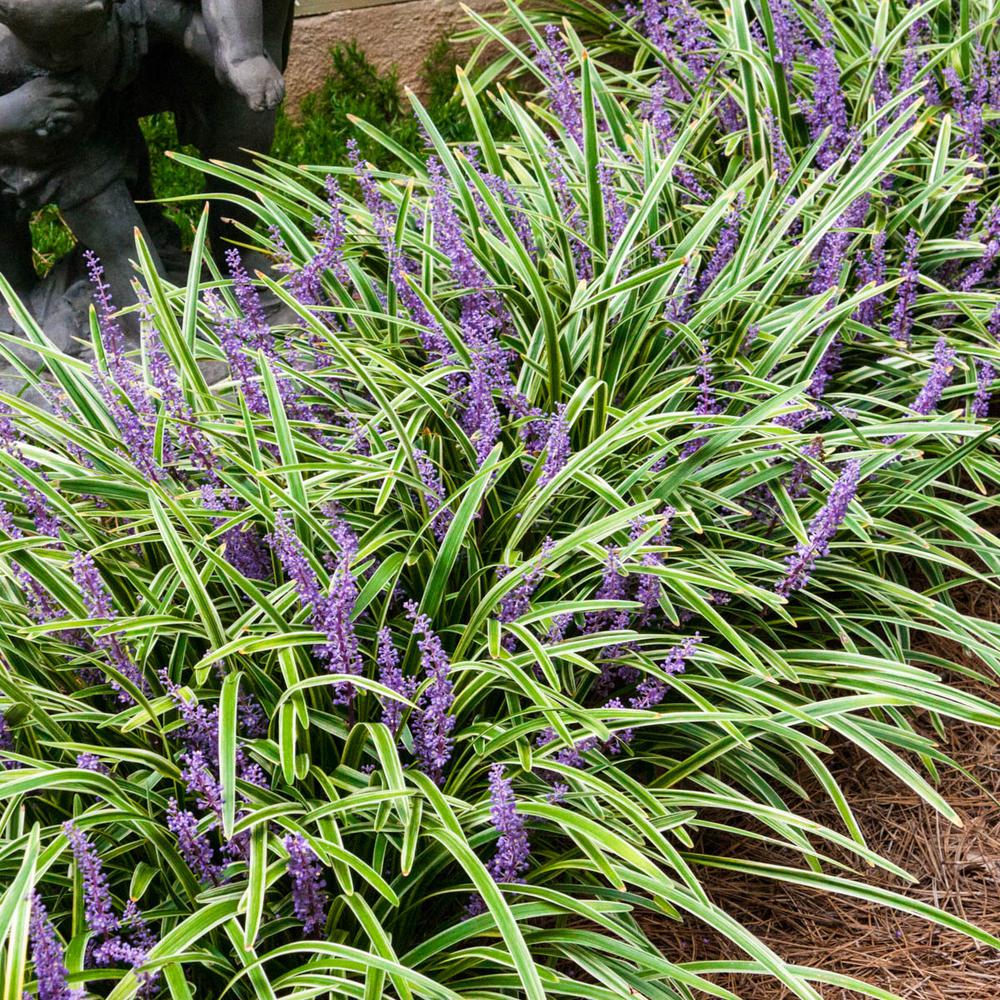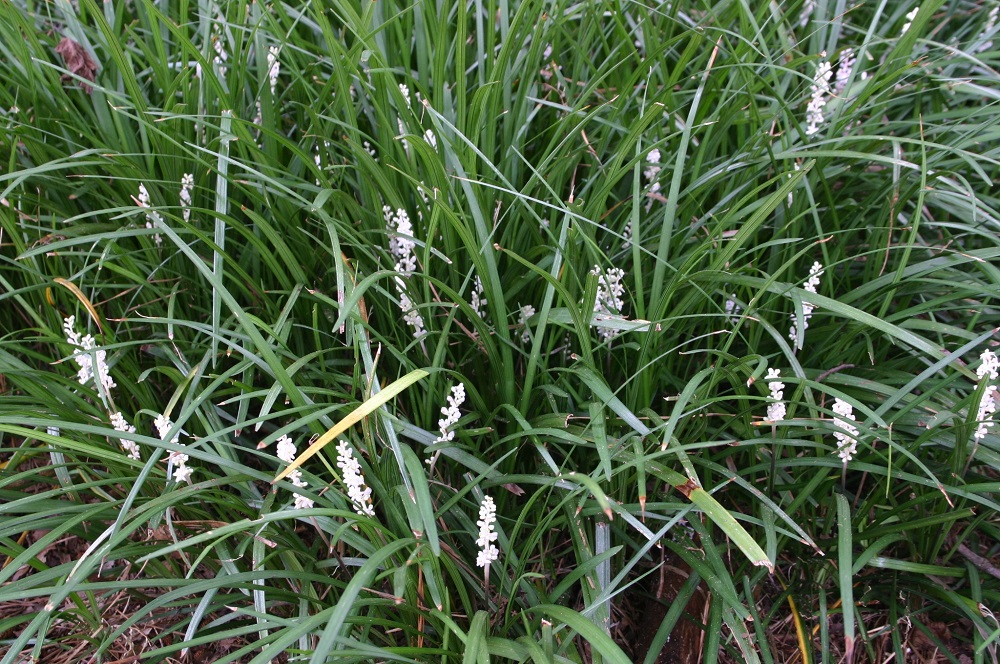Liriope Toxic To Dogs
Liriope is a beautiful and hardy plant that many homeowners love to have in their gardens. However, did you know that it can be toxic to dogs? In this article, we'll explore the dangers of liriope toxic to dogs and what you can do to keep your pets safe.
The Pain Points of Liriope Toxic to Dogs
As a dog owner, you want to keep your furry friend safe and healthy at all times. Unfortunately, liriope can pose a danger to your pet if ingested. Symptoms of liriope toxicity in dogs include vomiting, diarrhea, lethargy, and loss of appetite. In severe cases, it can even lead to liver failure and death. This can be a stressful experience for both you and your pet and can result in expensive veterinary bills.
The Target of Liriope Toxicity in Dogs
The target of liriope toxicity in dogs is the sapogenin compounds found in the plant, which can cause gastrointestinal irritation and damage to the liver
Summary of Main Points
It's important to recognize the risks to your dog if you have liriope plants and to be proactive in preventing accidental ingestion. Taking preventative measures can save you the heartache and expense of treatment and keep your furry friend safe and healthy.
Personal Experience with Liriope Toxic to Dogs
Last year, my neighbor's dog ingested some liriope from their garden. Unfortunately, they didn't realize the danger until it was too late, and the dog became severely ill. After an expensive and stressful trip to the vet, the dog thankfully made a full recovery. It was a scary experience for everyone involved, and it highlighted the importance of keeping potentially toxic plants away from pets.
What to Do to Keep Your Dog Safe from Liriope Toxicity
The best way to keep your dog safe from liriope toxicity is to prevent them from accessing the plant altogether. This can be done by keeping the plant in an area of the garden that your dog cannot access or by fencing off the plant. Train your dog not to eat anything from the garden, and supervise them when they are outside to ensure they don't accidentally ingest any plants.
What to Do If You Suspect Liriope Toxicity in Your Dog
If you suspect that your dog has ingested liriope, it's essential to contact your vet immediately. Symptoms of toxicity can take up to 48 hours to appear, so don't wait until it's too late. Your vet will be able to diagnose and treat your dog quickly, increasing their chances of making a full recovery.
Question and Answer
Q: Can all parts of the liriope plant be toxic to dogs?
A: Yes, all parts of the liriope plant are toxic to dogs, including the leaves, flowers, and berries.
Q: How do I know if my dog ingested liriope?
A: Symptoms of liriope toxicity in dogs include vomiting, diarrhea, lethargy, and loss of appetite. More severe symptoms can appear if liver damage occurs, such as jaundice, black, tarry stool, and abdominal pain.
Q: How can I prevent my dog from ingesting liriope?
A: The best way to prevent your dog from ingesting liriope is to keep the plant in an area of the garden that your dog cannot access or by fencing off the plant. Train your dog not to eat anything from the garden, and supervise them when they are outside to ensure they don't accidentally ingest any plants.
Q: Can liriope toxicity be fatal to dogs?
A: In severe cases, liriope toxicity can lead to liver failure and death in dogs. It's essential to seek veterinary attention immediately if you suspect your dog has ingested the plant.
Conclusion
While we love our gardens and our pets, it's important to remember that some plants can be dangerous to our furry friends. By taking preventative measures, such as fencing off plants and supervising our dogs when they are outside, we can minimize the risk of accidental ingestion of liriope and other toxic plants. If you suspect your dog has ingested any plant, including liriope, contact your vet right away to ensure the best possible outcome for your furry friend.
Gallery
Spring Hill Nurseries Variegated Liriope Live Bareroot Perennial

Photo Credit by: bing.com / liriope variegated plants perennials perennial foliage ground muscari cover deer shrub monkey nurseries hill spring resistant grass garden groundcover bareroot
Liriope – Spreading Monkey Grass Vs Clumping Monkey Grass | Walter

Photo Credit by: bing.com / liriope spicata grass spreading clumping creeping walterreeves muscari gardener reeves georgia turf grow alchetron leei
Egg And Death Journal: BOTANICAL NAME: Liriope Muscari COMMON NAME

Photo Credit by: bing.com / liriope variegated grass monkey muscari plant plants name botanical turf lilly variegata common shade ornamental sun grasses perennials low egg
Liriope – Spreading Monkey Grass Vs Clumping Monkey Grass | Walter
Photo Credit by: bing.com / liriope grass monkey clumping muscari vs spreading walterreeves choose board mondo
Liriope Spicata - Alchetron, The Free Social Encyclopedia
Photo Credit by: bing.com / liriope spicata